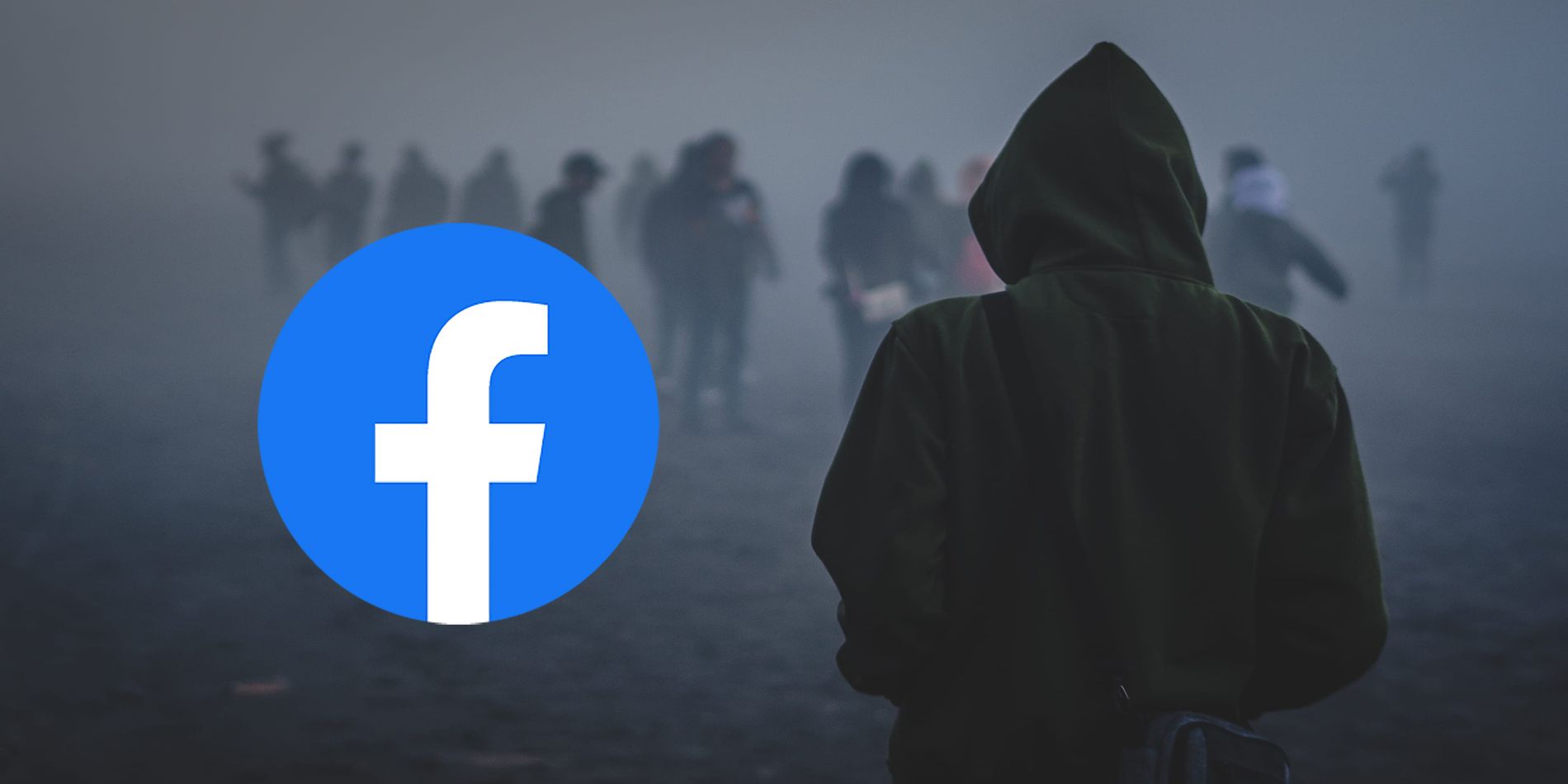Facebook has responded to the violence in Washington DC, condemning the actions in the capital as “appalling” while “indefinitely” extending the block on President Donald Trump’s Facebook and Instagram accounts. The recent election cycle played out on social media to a significant degree, resulting in widespread misinformation. Facebook has played a big part in the misinformation during the last year, with its lackluster attempts to protect users drawing criticism.
Following the election results, Facebook started to place a greater focus on mainstream news sources by increasing their visibility on the news feed. Back in September, Facebook outlined its plans to combat election-related misinformation, including the decision to stop running new political ads in the week before Election Day. Along with Google, Facebook then made the decision to extend the political ad ban, in an attempt to battle potential misinformation before the Senate run-off elections. In spite of these changes, Facebook has received criticism for a sluggish response to misinformation. For example, Facebook’s response to Trump’s double-voting post.
A recent post explained the steps Facebook and Instagram are now taking in response to the events in Washington DC. The video Trump posted addressing the situation was removed from both social media platforms, in addition to a post about the election results. This response is a result of Facebook finding and removing content deemed to be supporting and encouraging the storming of the U.S. Capitol. Facebook says it is also taking down content encouraging bringing weapons to any location in the country, along with those attempting to reignite violence in the coming days. Furthermore, Facebook is updating the label on posts criticizing election results. The newer version states: “Joe Biden has been elected President of the United States with results that were certified by all 50 states.”
How Facebook Contributed To The Issue

The response from Facebook also touched on taking action against movements, such as QAnon. Facebook’s previously limited response to such movements is one of the ways the social media service has contributed to recent events. While Facebook spent much of 2020 fighting misinformation, its bark was often worse than its bite. The steps it did take were nowhere near as strong as the ones it has now taken, such as outright banning Trump from Facebook and Instagram.
If Facebook had taken more stringent measures earlier, it could have shown users how serious it was about fighting misinformation. Instead, its half-hearted response only encouraged the people spreading false information to continue doing so, without any real fear of repercussions. With it being fairly easy to find a way around the measures Facebook put in place, misinformation was allowed to spread and take root, playing a significant role in fueling recent events.





